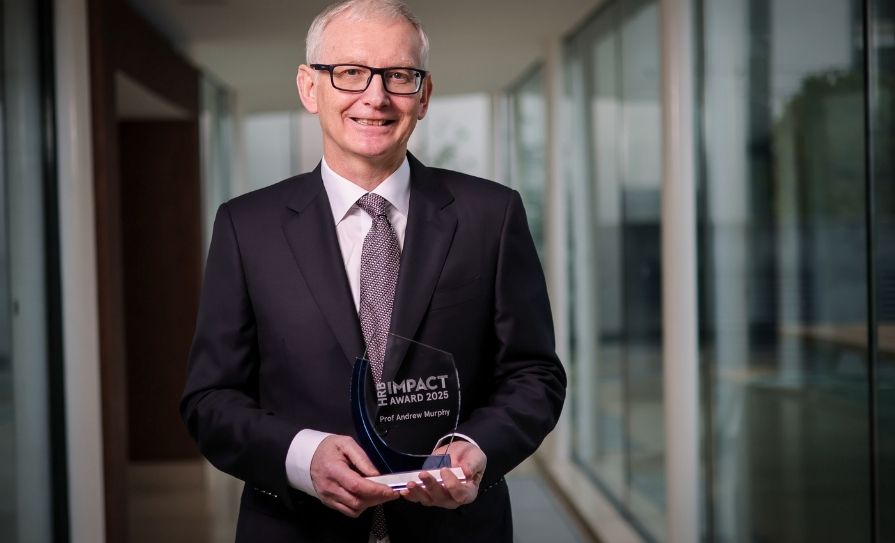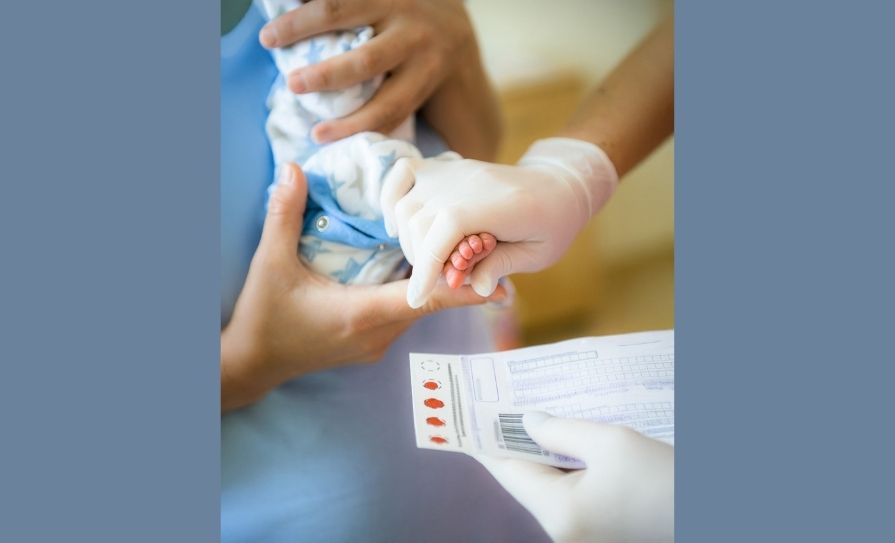There is an insufficient number of “adequately” qualified candidates for advertised consultant positions in respiratory services, according to a leading consultant in the area.
Speaking in advance of the Irish Thoracic Society (ITS) Winter Meeting next month, Prof Aidan O’Brien, Consultant in Respiratory Medicine, University Hospital Limerick, told the Medical Independent (MI) that respiratory medicine has received greater funding over the last number of years.
“We have been very much under-resourced for decades,” Prof O’Brien said.
“Now the Government and the HSE have definitely focused on providing more appropriate resourcing. And a tremendous job has been done in resourcing respiratory services, especially with regards the establishment of the integrated programme in the community.”
He also acknowledged there has been an increase in the number of consultant appointments.
“It is hard to say whether those numbers will suffice as a lot of those posts remain unfilled,” Prof O’Brien told MI.
However, he said “a large problem” in filling these positions is “the lack of adequately trained” candidates.
Prof O’Brien suggested a partial reason for this is the increase in the number of advertised positions.
“It’s a supply and demand issue,” he said.
“We are not training enough people for the number of posts that are there. There needs to be an increase in training posts to match this.”
Prof O’Brien also said the working conditions of NCHDs had to improve “so that more of them will stay in Ireland”.
“These are major issues. And they are pervasive throughout the health service.”
He pointed out there has been an increase in the number of specialist registrar positions in respiratory medicine, but said that more are required.
He was speaking before the details of the recruitment embargo, which will affect NCHDs, were revealed earlier this month.
Regarding the integrated care programme, Prof O’Brien said the specialist ambulatory care hubs have been a great success in developing new clinical pathways. Respiratory integrated care consultants
have been appointed to provide a continuum of care across both acute hospitals and the community.
Prof O’Brien said the integrated care programme is “badly needed”.
“The goal is patients get their care locally, which as a result decreases the burden on tertiary centres. It leads to better access and shorter waiting times for patients. The problem again in developing these programmes to their full extent is the lack of personnel: Consultants; respiratory physical therapists; respiratory nurses; respiratory scientists.”
The ITS Annual Scientific Meeting will take place in the Limerick Strand Hotel from 9-11 November.













Leave a Reply
You must be logged in to post a comment.